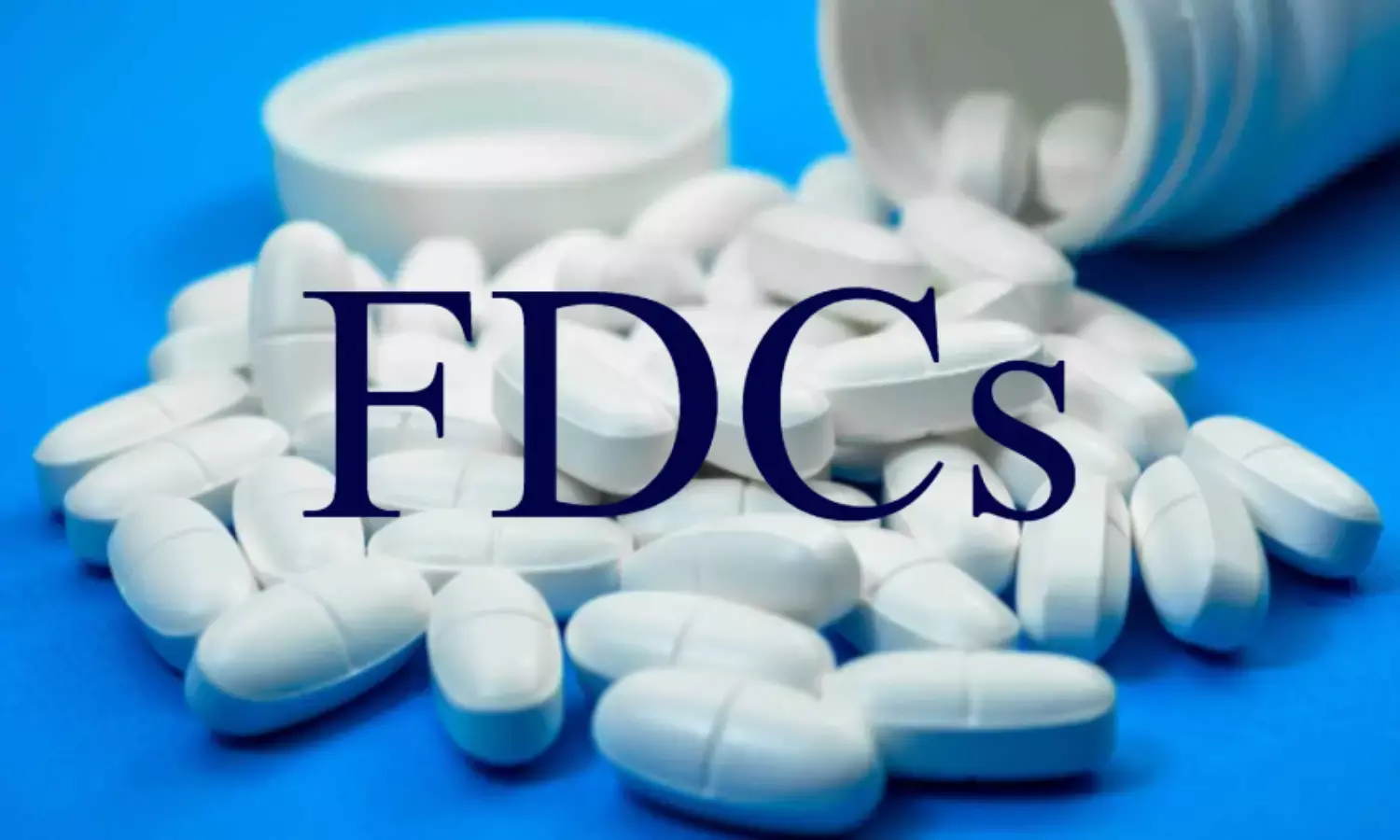- Courses
- GS Full Course 1 Year
- GS Full Course 2 Year
- GS Full Course 3 Year
- GS Full Course Till Selection
- Online Program
- GS Recorded Course
- NCERT (Recorded 500+ Hours)
- Polity Recorded Course
- Geography Recorded Course
- Economy Recorded Course
- AMAC Recorded Course
- Modern India, Post Independence & World History
- Environment Recoded Course
- Governance Recoded Course
- Science & Tech. Recoded Course
- International Relations and Internal Security Recorded Course
- Disaster Management Module Course
- Ethics Recoded Course
- Essay Recoded Course
- Current Affairs Recoded Course
- CSAT
- 5 LAYERED ARJUNA Mentorship
- Public Administration Optional
- ABOUT US
- OUR TOPPERS
- TEST SERIES
- FREE STUDY MATERIAL
- VIDEOS
- CONTACT US
DTAB Approves Sub-Committee Report to Prohibit 16 Irrational FDCs
DTAB Approves Sub-Committee Report to Prohibit 16 Irrational FDCs

- In May 2025, the Drugs Technical Advisory Board (DTAB) approved a sub-committee report recommending a ban on 16 Fixed-Dose Combinations (FDCs).
- The sub-committee found these combinations irrational and potentially harmful to human health.
What is DTAB (Drugs Technical Advisory Board) ?
- It is a statutory body constituted under the Drugs and Cosmetics Act, 1940.
- It advises the Central and State Governments on technical matters related to the manufacture, sale, and regulation of drugs.
- It plays a key role in ensuring drug safety, efficacy, and regulatory compliance in India.
What Are Fixed-Dose Combinations (FDCs)?
- FDCs are pharmaceutical products containing 2 or more active pharmaceutical ingredients in a single dosage form.
- They are commonly used in the treatment of chronic conditions such as diabetes, tuberculosis, and hypertension.
- They help to reduce pill burden and improve patient adherence to treatment regimens.
Why Are these FDCs Being Banned?
|
Reason |
Details |
|
Lack of Proper Clinical Trials |
Many FDCs were approved without adequate testing, relying only on the prior approval of individual components. The 2019 New Drugs and Clinical Trial Rules require that FDCs be treated as new drugs needing independent evaluation. |
|
Irrational Drug Composition |
Some FDCs include unnecessary or redundant drugs that do not contribute to therapeutic value and may increase the risk of adverse effects and drug interactions. |
|
Antibiotic Resistance |
Overuse of antibiotic-based FDCs accelerates antimicrobial resistance (AMR). A 2023 study noted that the share of antibiotic FDCs in India rose from 32.9% (2008) to 37.3% (2020). |
|
Price Control Evasion |
Pharmaceutical companies often create irrational FDCs to bypass price controls by marketing them as new combinations not listed under essential drug price caps. |
Significance of the Ban
- The move aims to strengthen drug regulation and ensure the rational use of medicines in the interest of public health.
- It aligns with global standards of drug safety and efficacy.
- It reflects evidence-based policymaking in the Indian pharmaceutical regulatory framework.
Challenges in FDC Regulation
- Fragmented regulatory jurisdiction between Central and State authorities.
- Inadequate post-market surveillance and pharmacovigilance systems.
- Legal hurdles and industry lobbying against regulatory actions.
- Limited public awareness about the risks of irrational drug combinations.
Way Forward
- Strengthen institutional capacity of Central Drugs Standard Control Organisation (CDSCO) and State Drug Authorities.
- Ensure mandatory clinical trials for all new FDCs.
- Create awareness campaigns on rational drug use among prescribers and the public.
Introduce stricter penalties for non-compliance and streamline drug approval processes.




